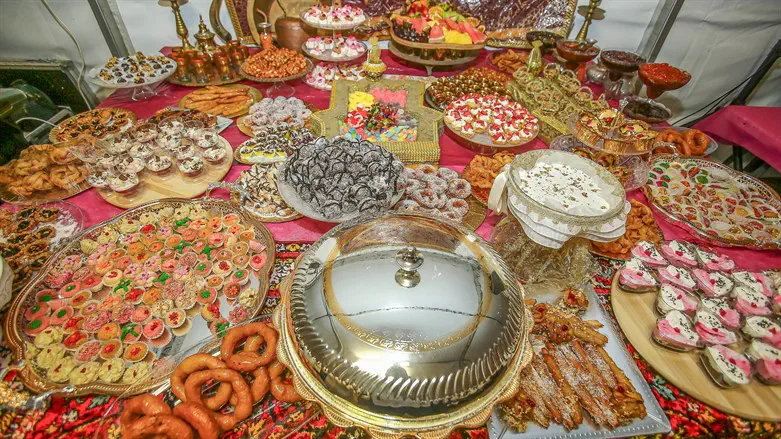
Life in our country moves at a fast pace. The public agenda is always changing rapidly due to security, political and social circumstances. The news is updated quickly, an issue that made the headlines in the morning is replaced by another event within a few hours. Event follows event, affair follows affair and it seems that we have already begun to tire of following the news.
We start the morning with one "affair", enter the afternoon with another event and arrive in the evening for prime time when we have already forgotten what happened in the morning. The pressure, anxiety and stress work overtime. The division and rift in the people are brought to us in the media as deepening, the hatred and polarization are shown to be increasing. There is never a dull moment for the people who live in Zion.
There is no need to exaggerate the poison and incitement in the various media and their considerable contribution to the division in the people (on the right and the left, it should be noted) in words. Sometimes you just feel like getting on a plane for a short break overseas.
Then comes the Mimouna, a celebration of unity and closeness between people. A holiday that expresses universal values of love, brotherhood and acceptance. Mimouna reminds us that in a divided society like ours, a holiday that appeals to everyone strengthens the sense of belonging and national unity.
On the evening of the upcoming Shabbat immediately following the end of Passover, we will celebrate the Mimouna, a holiday that originated among Moroccan Jews.
Beyond its unique flavors and customs, Mimouna has become a symbol of openness, sharing and connection – a holiday that significantly contributes to the unification of the nation. The central custom of opening the door to every person – neighbor, acquaintance or passerby – illustrates the deep value of hospitality inherent in Mimouna.
The simple idea is that everyone is invited, without a formal invitation and without distinctions of origin or background, creating an atmosphere of closeness between people and expressing the aspiration for a cohesive and respectful society.
The table, beautifully laid with mufletta, sweets, fruits and traditional dishes, is not only a display of taste and culture, but also a means of bringing hearts closer together. Inter-ethnic, inter-generational and interpersonal encounters are created around the table, and they turn the Mimouna into a celebration of solidarity and friendship.
Last year, the World Federation of Moroccan Jewry called on the authorities to cancel the mass Mimouna celebrations in the parks, in view of the continuation of the war and as a sign of solidarity with the hostages, their families and the bereaved families of the fallen. Indeed, the celebrations were more intimate in the company of family and friends.
This year, with the country returning to full activity in culture, sports, art and every relevant sector, the Mimouna should also be celebrated in a big way, especially against the backdrop of the division, polarization and division in our society.
Imagine a meeting between leaders and public figures from both ends of the spectrum over a cup of tea and a mufletta with honey.
Imagine a meeting between protest activists from both sides of the fence with good music and sweets.
Arab citizens of Israel also have a part in the Mimouna. In mixed cities, Jews also invite their Arab neighbors to participate in the holiday's mitzvot, as they used to do on the Mimouna in Morocco, and the benefit is for everyone.
The Mimouna combines an ancient Moroccan tradition with a contemporary Israeli spirit. It has become a bridge between cultures, a holiday of brotherhood and joy, and continues to give a unique color and flavor to life in the country.
This is a holiday with deep values of solidarity, community, and faith. It reminds us of the beauty of tradition, the importance of hospitality, and the desire to begin a new era – clean, open, and blessed.
Israeli society is in a deep crisis due to the division in the people. The right hates the left and the left despises the right. October 7th and the ongoing war fueled the pressure cooker in which we already live. The holiday of Mimouna is an opportunity for us to remember who we are and understand why it is important to recharge ourselves on this holiday - at least until the next event.
Be blessed and feast - תרבחו ותסעדו
Avi Nachmani is a spokesperson for the World Federation of Moroccan Jewry
